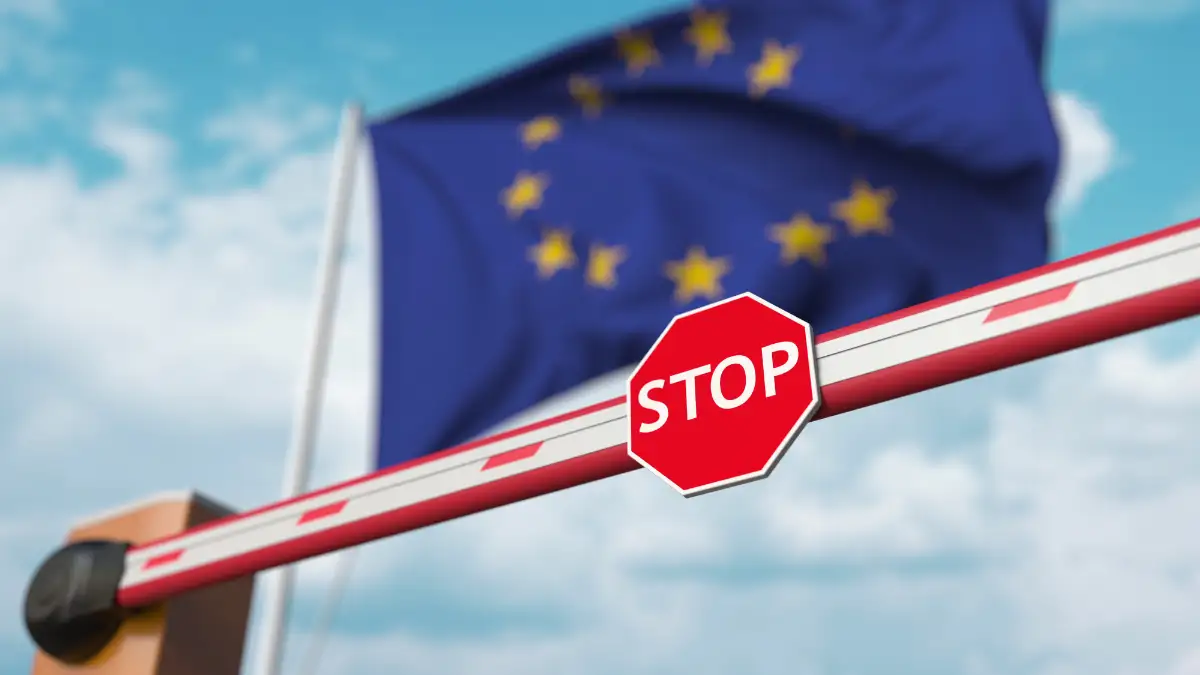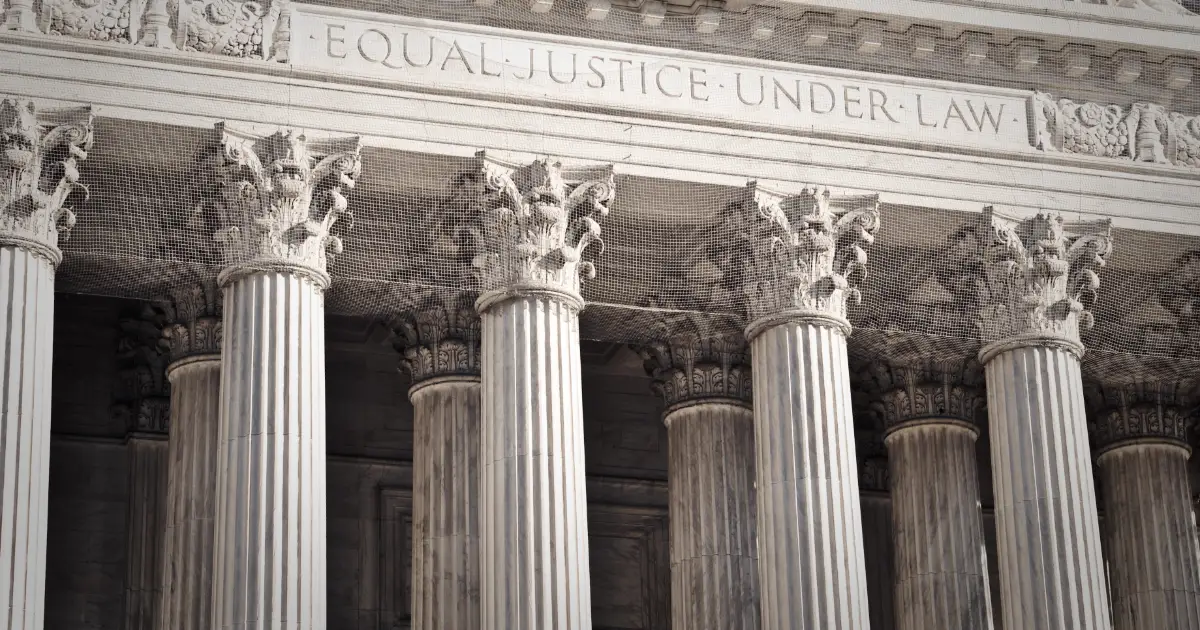Several European countries are witnessing intense debates and mobilizations in response to the implementation of new immigration policies. The recent measures, designed to more strictly regulate migration flows, have sparked controversy among governments, activists, and citizens concerned about human rights.
Authorities across different nations argue that these regulations are necessary to maintain border security and manage migration effectively amid growing international pressure. However, many civil society groups and human rights organizations warn that these policies may undermine principles of equality and migrant protection, prioritizing control over humanitarian reception.
Protests have spread across key cities, with peaceful demonstrations, gatherings, and vigils in symbolic locations. Participants are calling for open dialogue and the adoption of more inclusive policies that prioritize the dignity and well-being of asylum seekers. Meanwhile, international policy experts warn of the risk that rising tensions could escalate into violence if effective mediation and consensus-building mechanisms are not established.
This scenario reflects global tensions surrounding immigration and cultural integration, where the challenge lies in balancing national security with respect for human rights. European discussions are intensifying, with emergency meetings being convened among leaders and international organizations to seek common and sustainable solutions in this critical situation.



